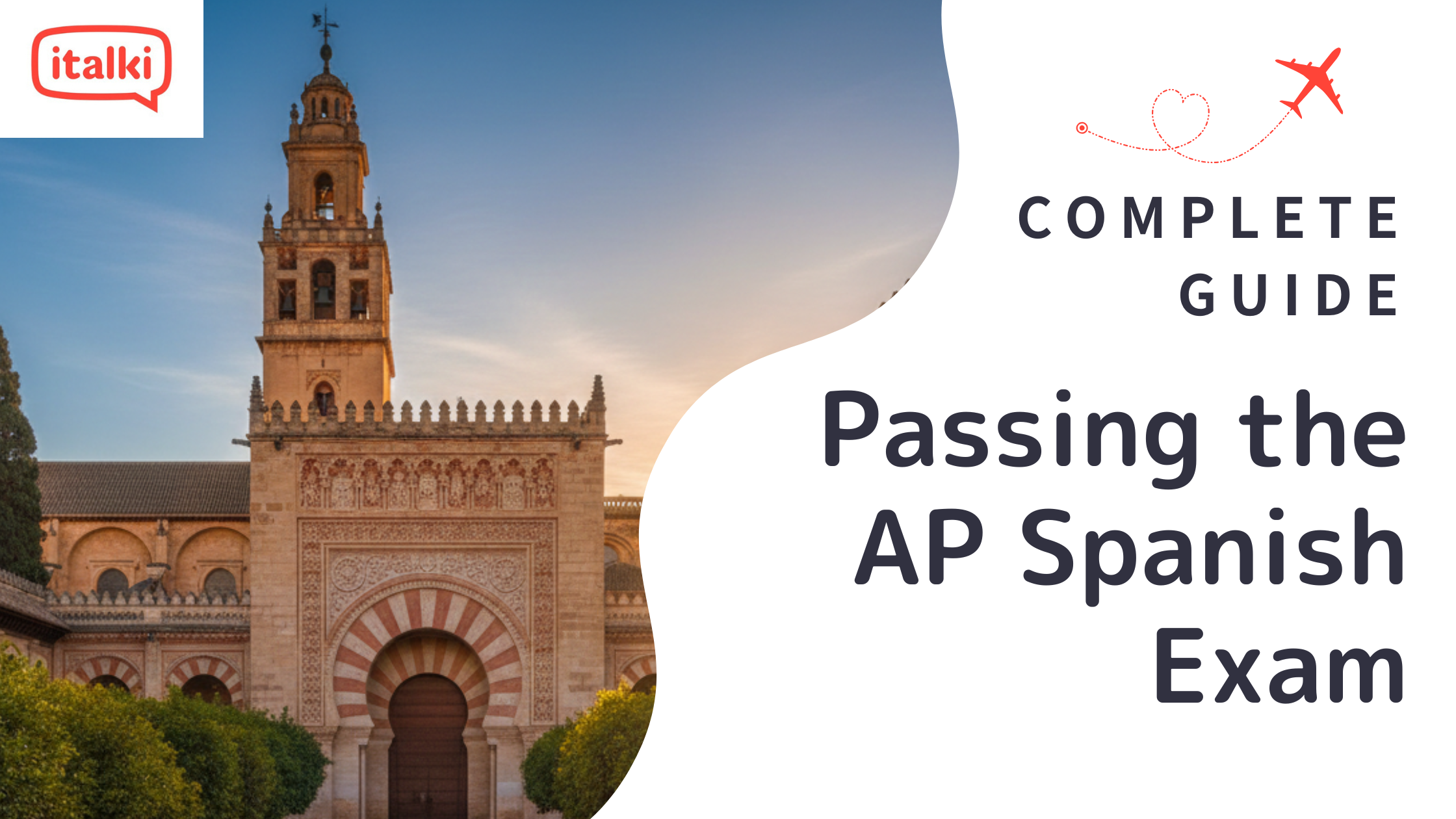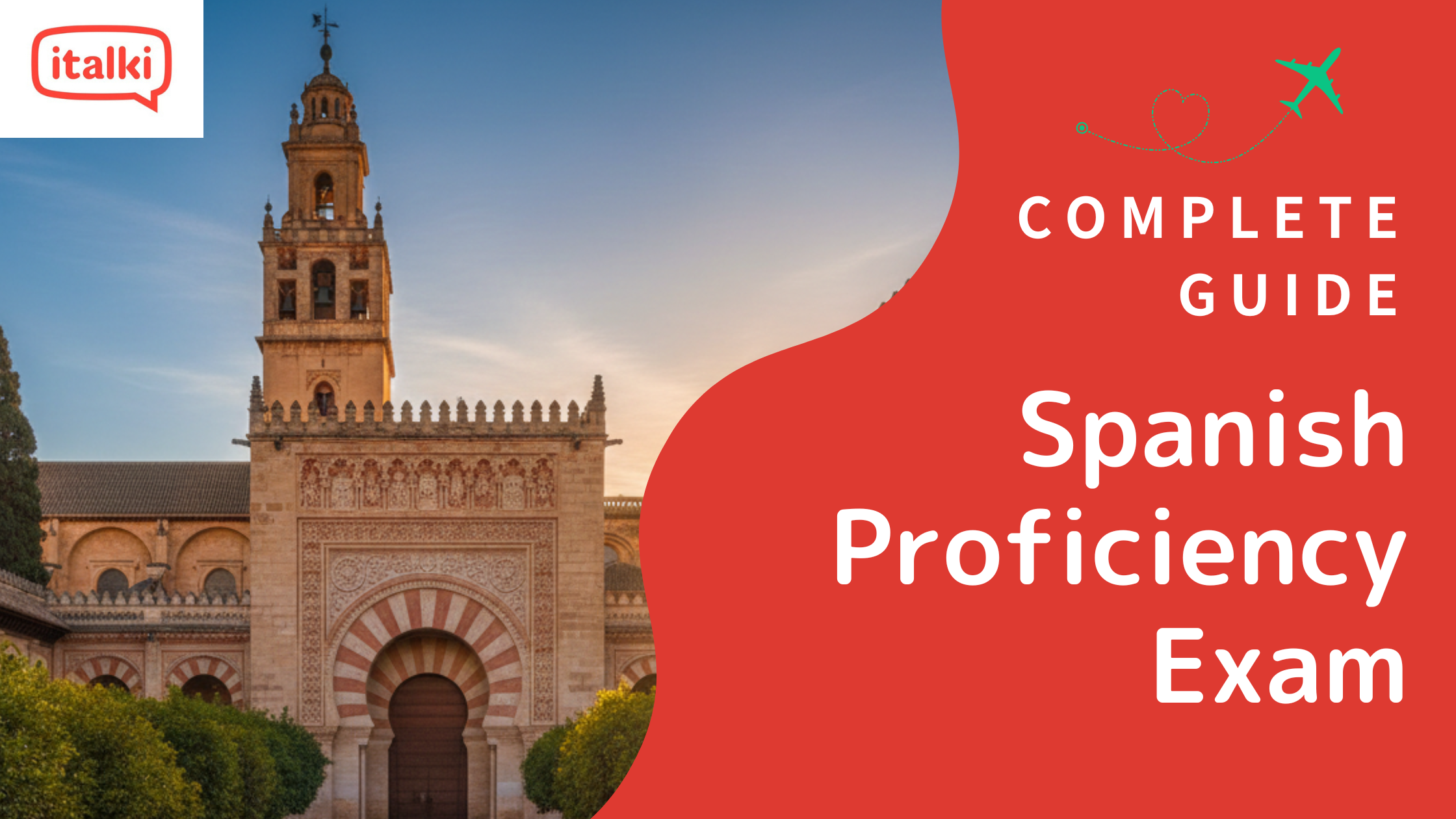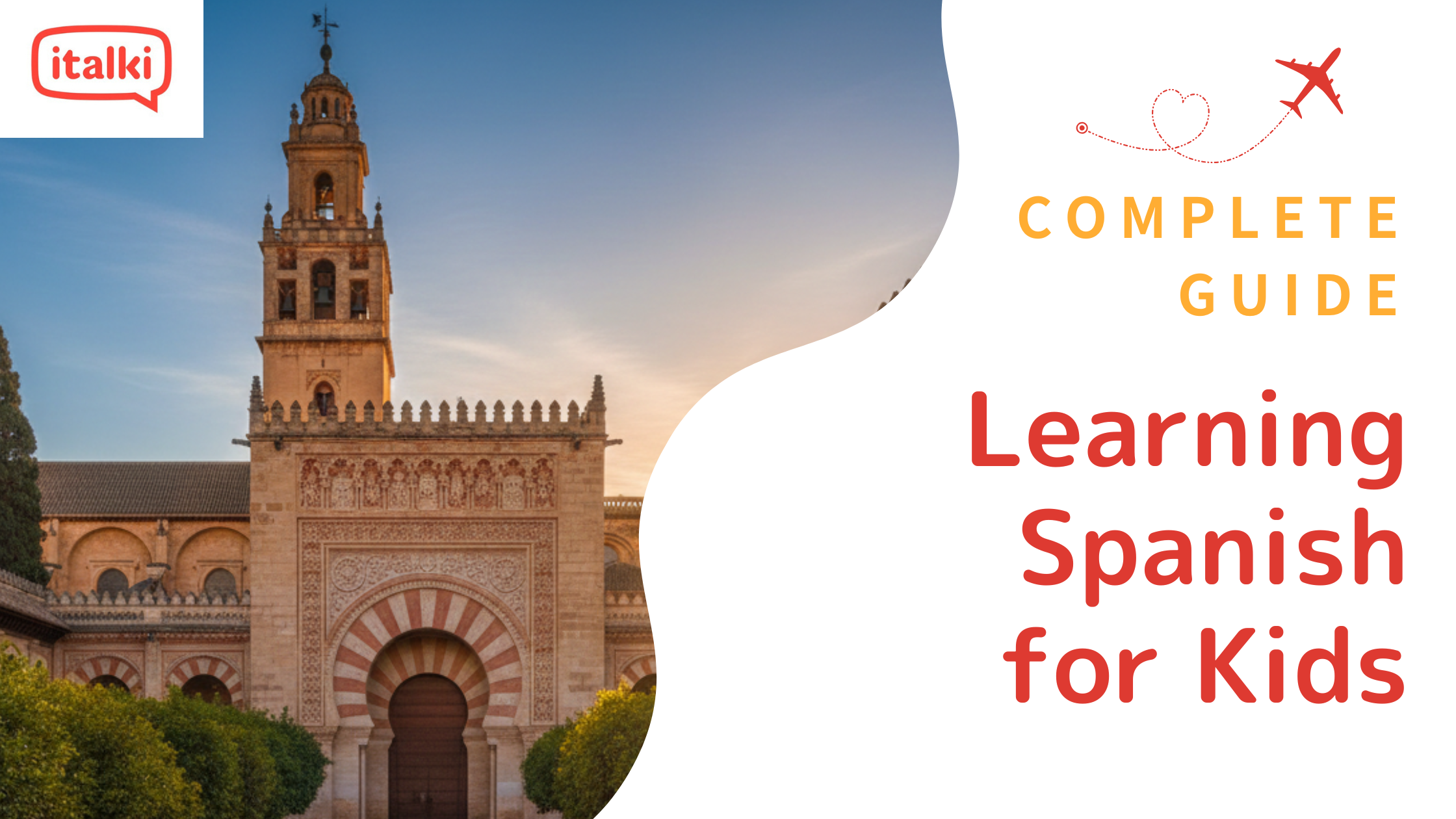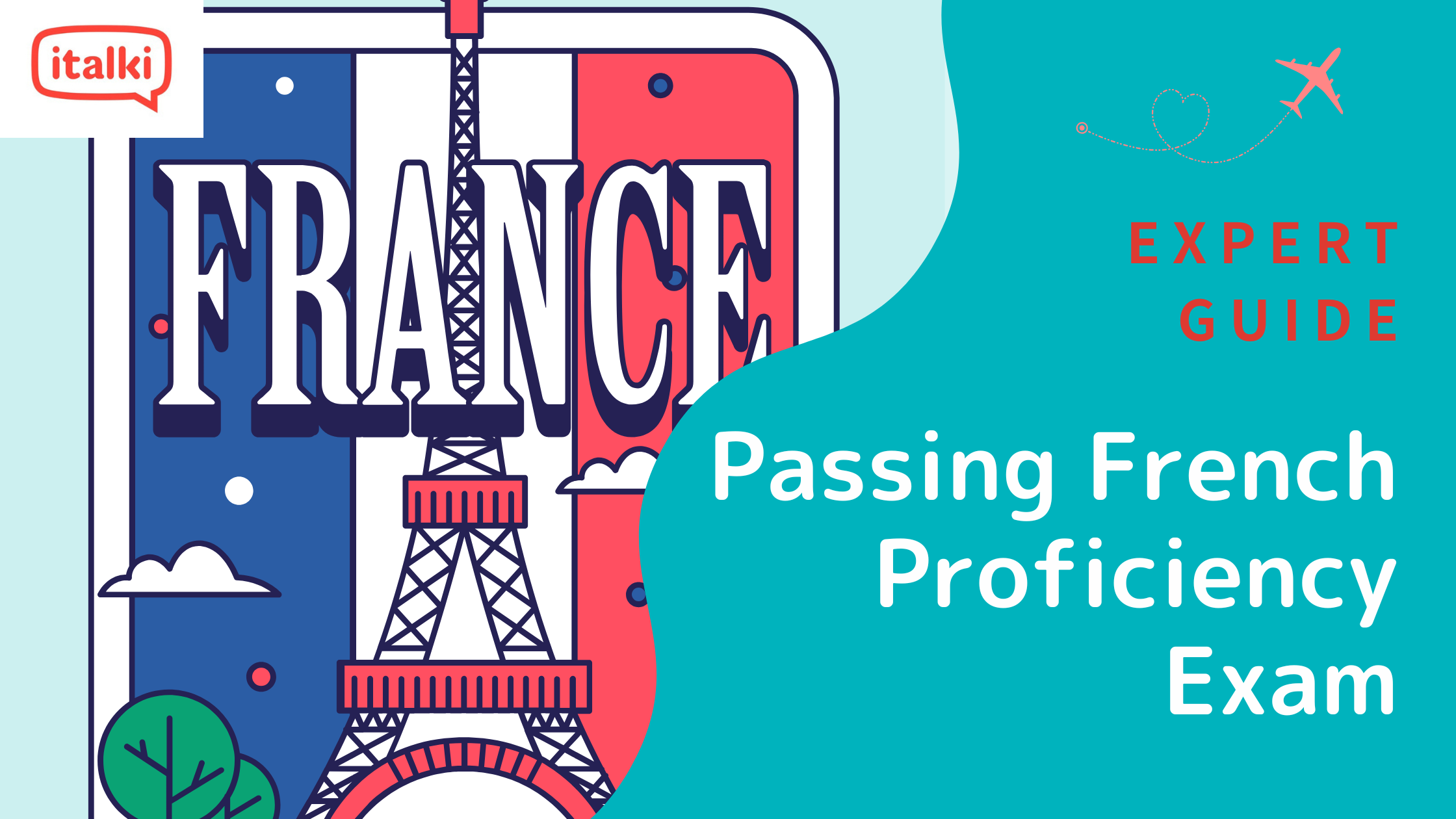Learning vocabulary is a crucial component of learning any new language. If you are facing difficulties in learning French, start with memorizing different vocabulary words. These words can develop your confidence to speak French in public.
Gradually adding different words to your vocabulary list can improve your command of the French language. Adding different words to speech can also improve your confidence to speak French in public.
When you start learning a new language, you must begin developing your vocabulary list by adding words that define your surroundings. The things available in our immediate surroundings are a great tool to learn French.
If you want to learn French online, get enrolled in italki’s learning lessons. These lessons are organized by the best and most professional French tutors, who will help you improve your French vocabulary, common French verbs, French pronunciation, etc.

Find Your Perfect Teacher
At italki, you can find your French tutor from all qualified and experienced teachers. Now experience the excellent language learning journey!
Book a trial lesson
Let’s start with some of the basic French words that describe the places where we live. These words explain specific rooms and spaces in our households.
- La maison — the house
- La salle — the room
- La cuisine — the kitchen
- La salle à manger — the dining room
- Le bureau — the office
- Le salon — the living room
- La chambre — the bedroom
- La salle de bain — the bathroom (this room may not include a toilet)
- Les toilettes — the bathroom (this room includes a toilet, sometimes exclusively)
- Le sous-sol — the basement
- Le grenier — attic
- La porte — the door
- La fenêtre — the window
- Le couloir — the hall
- L’escalier — the stairs
- Le mur — the wall
- Le sol — the floor
- Le plafond — the ceiling
You can add any of the above words with je suis dans… (I am in…) to complete the sentence. For example: Je vais au sous-sol (I am going to the basement).
French words related to rooms in the house
- Le bureau — the desk
- L’ordinateur — the computer
- L’étagère — the bookshelf
- Le livre — the book
- La télévision — the television
- Le canapé / le sofa — the couch
- La chaise — the chair
- La lampe — the lamp
- Le rideau — the curtain
- Le réfrigérateur — the fridge
- Le four — the oven
- La cuisinière — the stove
- L’évier — the sink
- La table — the table
- Le lit — the bed
- L’oreiller — the pillow
- La commode — the dresser
- L’horloge — the clock
- La douche — the shower
- La toilette — the toilet
- La brosse à dents — the toothbrush
- Le dentifrice — the toothpaste
- Le tapis — the rug
- Le miroir — the mirror
- La téléphone — the telephone
With the object words listed above, you could ask, qu’est-ce que c’est? (What exactly is this?)
Simply begin a phrase with c’est… (it is) and name the object, including its article (le, la, or l’).
Basic French words related to Food & Drinks
Following are some of the basic French words related to food and drinks. No matter if you are hungry or thirsty, you can use these French words to order a drink for you.
- Le restaurant — the restaurant
- Le café — the cafe / coffee
- Le thé — the tea
- Le jus — the juice
- Le lait — the milk
- Le vin — the wine
- La bière — the beer
- L’eau — water
- La fruit — the fruit
- La pomme — the apple
- La banane — the banana
- L’orange — the orange
- La fraise — the strawberry
- Le raisin — the grape
- Les légumes — the vegetables
- La salade — the salad
- La carotte — the carrot
- La pomme-de-terre — the potato
- Le tomate — the tomato
- La laitue — lettuce
- Le champignon — mushroom
- La viande — meat
- Le poisson — fish
- Le poulet — chicken
- Le bœuf — beef
- Le petit-déjeuner — breakfast
- Le déjeuner — lunch
- Le dîner — dinner
- Le repas — meal
- Le goûter — snack
- L’assiette — plate
- Le couteau — knife
- La fourchette — fork
- La cuillère — spoon
- La tasse — cup
You can make French sentences by using these food words. Just use the phrase je mange de… (I am eating…) and add any of the words above to tell others what you are eating.
For drinking, use the phrase je bois de… (I am drinking…) and add any of the words above to tell others what you are drinking.
For example:
- Je mange de la fruit (I eat fruit).
- Je bois du thé (I drink tea).
Vocabulary related to school or work
- L’école — the school
- Le crayon — the pencil
- Le stylo — the pen
- Le cahier — the notebook
- La salle de classe — the classroom
- La calculatrice — the calculator
- La matière scolaire — the school subject
- L’histoire — history
- La géographie — geography
- La musique — music
- Les sciences — the sciences
- Les mathématiques — mathematics
- Le sport — sports
- Le français — French
- L’anglais — English
- Les notes — grades (marks)
- Le professeur / la professeure — the teacher
- L’étudiant(e) / l’élève — the student
Recommended: French for Business: Essential Phrases for the French Workplace
French vocabulary related to career
- La compagnie — the company
- L’emploi — the job
- Le travail — the work
- Le dentiste — the dentist
- L’écrivain — the writer
- Le médicin — the doctor (medical)
- Le serveur / la serveuse — the waiter / waitress
- L’avocat — the lawyer
- Le caissier / la caissière — the cashier
- L’ingénieur(e) — the engineer
- Le mécanicien / la mécanicienne — the mechanic
- Le plombier / la plombière — the plumber
- Le pompier / la pompière — the firefighter
- Le policier / la policière — the police officer
- L’architecte — the architect
- Le travailleur / la travailleuse — the worker
- Le boulanger / la boulangère — the baker
- Le boucher / la bouchère — the butcher
- Le coiffeur / la coiffeuse — the hairdresser
For example:
Je suis plombier (I am a plumber).
Vocabulary words related to places
- La ville — the city
- La campagne — the countryside
- La ferme — the farm
- Le parc — the park
- La rivière / le fleuve — the river
- L’arbre — the tree
- La fleur — the flower
- Le bâtiment — the building
- La tour — the tower
- Le bureau de poste — the post office
- La bibliothèque — the library
- La librairie — the bookstore
- La boulangerie — the bakery
- La pharmacie — the pharmacy
- L’hôpital — the hospital
- Le marché / le supermarché — the market / supermarket
- Le cinéma — the movie theatre
- La banque — the bank
- L’église — the church
- Le musée — the museum
- La gare — the train station
- Le trottoir — the sidewalk
- La rue — the street
For example:
Je vais au supermarché (I am going to the supermarket).
French words to describe yourself and other related things
You can use following words to describe yourself and the things around you.
- Grand(e) — big
- Petit(e) — small
- Chaud(e) — hot
- Froid(e) — cold
- Intelligent(e) — smart
- Fâché(e) — angry
- Triste — sad
- Heureux / heureuse — happy
- Drôle — funny
- Jeune — young
- Vieux / vieille — old
- Nerveux / nerveuse — nervous
- Beau / belle — beautiful
- Facile — easy
- Difficile — hard
- Effrayé(e) — scared
- Ennuyé(e) — bored
- Ennuyeux / ennuyeuse — boring
- Étrange — strange
- Fort(e) — strong
- Possible — possible
- Impossible — impossible
- Sportif / sportive — athletic
For example:
La maison est grande (The house is big).
Vocabulary words related to animals and nature
- Le chien — dog
- Le chat — cat
- Le lapin — rabbit
- Le lion — lion
- Le cheval — horse
- La vache — cow
- Le requin — shark
- Le singe — monkey
- Le cochon — pig
- L’oiseau — bird
- La souris — mouse
- La tortue — turtle
- Un canard — duck
- Un crapaud — toad
- Une grenouille — frog
- Le soleil — the sun
- La pluie — the rain
- Le vent — the wind
- La neige — the snow
- Le nuage — the cloud
- L’éclair — the lightning
- La tonnerre — the thunder
- L’orage — the storm
- La montagne — the mountain
- La plage — the beach
- La forêt — the forest
- La terre — soil / the earth
- La colline — the hill
- Le lac — the lake
- L’océan — the ocean
Common French verbs
The most common -er verbs are as follows:
- Parler — to speak
- Aimer — to like
- Chanter — to sing
- Danser — to dance
- Fermer — to close
- Demander — to ask
- Étudier — to study
- Regarder — to watch
- Visiter — to visit (a place)
- Habiter — to live
- Jouer — to play
- Laver — to wash
- Penser — to think
- Utiliser — to use
- Trouver — to find
- Manger — to eat
Common -ir verbs include the following:
- Finir — to finish
- Bâtir — to build
- Choisir — to choose
- Remplir — to fill
- Grandir — to grow
- Grossir — to gain weight
- Obéir — to obey
- Punir — to punish
- Réfléchir — to reflect
- Réussir — to succeed / pass
Here are the most common -re verbs:
- Vendre — to sell
- Attendre — to wait
- Détendre — to relax
- Entendre — to hear
- Fondre — to melt
- Descendre — to go down
- Pendre — to hang
- Perdre — to lose
- Prétendre — to claim
- Répondre — to respond
Conclusion
Now you have around 200 plus basic French words ready to get added to your vocabulary list. Practice these words on regular basis. Watch French podcasts, and videos and read French text. This exercise will help you minimize some of the major confusions, such as confusions related to tout vs. tous.
While self-study is valuable, working with a French teacher can accelerate your progress significantly. A teacher helps with French pronunciation, corrects mistakes before they become habits, and shows you how to use these words in real conversations.
Connect with a French tutor online who can create personalized lessons around the vocabulary you’re learning.
Want to learn a language at italki?
Here are the best resources for you!



















